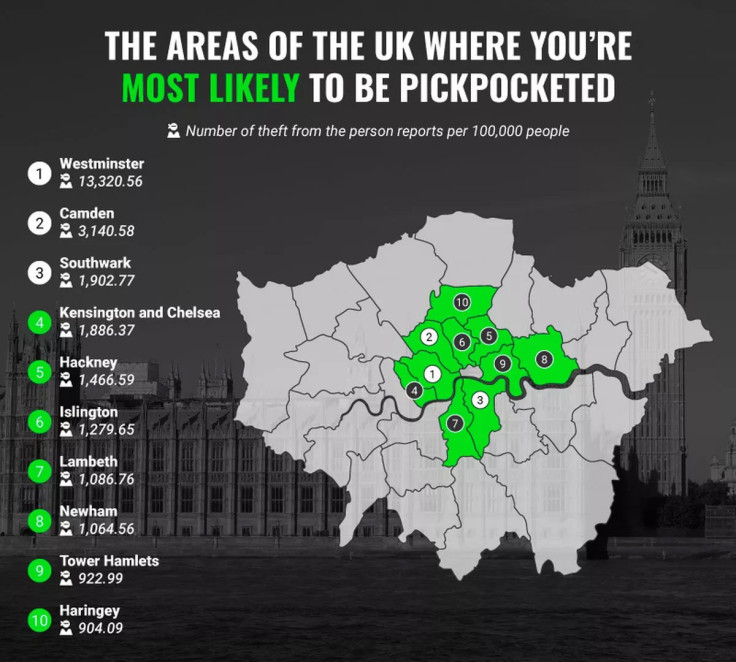Alphabet’s Google faces another antitrust trial beginning Monday in Virginia, one that could conceivably force the company to divest from some of its business interests, this time over its advertising technology.
The U.S. Justice Department and a coalition of states contend that Google built and maintains a monopoly over its advertising technology that matches online publishers to advertisers. Dominance over the software on both the buy side and the sell side of the transaction enables Google to keep as much as 36 cents on the dollar when it brokers sales between publishers and advertisers, the government contends in court papers.
If U.S. District Judge Leonie Brinkema finds that Google broke the law, she would later consider the prosecutors’ request to make Google sell off, at minimum, Google Ad Manager, a platform that includes Google’s publisher ad server and its ad exchange.
According to research by stock analyst Wedbush, Google’s ad tech tools accounted for $20 billion US, or 11 per cent of the company’s gross revenue in 2020, and around $1 billion US, or 2.6 per cent, of operating profit that year.
Ad Manager represented 4.1 per cent of revenue and 1.5 per cent of operating profit in 2020, according to Wedbush research and analysis of court documents. More recent figures were redacted from court documents.
Google says the government’s case is based on an internet of yesteryear, when desktop computers ruled and internet users carefully typed precise World Wide Web addresses into URL fields. Advertisers now are more likely to turn to social media companies like TikTok or streaming TV services like Peacock to reach audiences.
In recent years, Google Networks, the division of the tech giant that includes such services as AdSense and Ad Manager that are at the heart of the case, actually have seen revenues plateau, from $31.7 billion US in 2021 to $31.3 billion US in 2023, according to the company’s annual reports.
WATCH | Breaking down the recent court ruling on Google’s search business:
News organization reps expected to testify
The Virginia case comes on the heels of a major defeat for Google over its search engine, which generates the majority of the company’s $307 billion US in annual revenue. A federal judge in the District of Columbia declared the search engine a monopoly, maintained in part by tens of billions of dollars Google pays each year to companies like Apple to lock in Google as the default search engine presented to consumers when they buy iPhones and other gadgets.
In that case, the judge has not yet imposed any remedies. The government hasn’t offered its proposed sanctions, though there could be close scrutiny over whether Google should be allowed to continue to make exclusivity deals that ensure its search engine is consumers’ default option.
Peter Cohan, a professor of management practice at Babson College, said the Virginia case could potentially be more harmful to Google because the obvious remedy would be requiring it to sell off parts of its ad tech business that generate billions of dollars in annual revenue.
“Divestitures are definitely a possible remedy for this second case,” Cohan said “It could be potentially more significant than initially meets the eye.”
LISTEN | Remedies for search case verdict years away, says Peter Kafka of Business Insider:
The Current20:01A judge ruled Google has an illegal monopoly. What happens next?
Google has violated antitrust law and created an illegal monopoly over online searches, a U.S. federal judge ruled this week. What might this mean for the tech giant, and the way we search?
In the Virginia trial, the government’s witnesses are expected to include executives from newspaper publishers including The New York Times Co. and Gannett, and online news sites that the government contends have faced particular harm from Google’s practices.
“Google extracted extraordinary fees at the expense of the website publishers who make the open internet vibrant and valuable,” government lawyers wrote in court papers. “As publishers generate less money from selling their advertising inventory, publishers are pushed to put more ads on their websites, to put more content behind costly paywalls, or to cease business altogether.”
Google says case has wrong focus
Google disputes that it charges excessive fees compared to its competitors. The company also asserts the integration of its technology on the buy side, sell side and in the middle assures ads and web pages load quickly and enhance security. And it says customers have options to work with outside ad exchanges.
Google says the government’s case is improperly focused on display ads and banner ads that load on web pages accessed through a desktop computer and fails to take into account consumers’ migration to mobile apps and the boom in ads placed on social media sites over the last 15 years.
The government’s case “focuses on a limited type of advertising viewed on a narrow subset of websites when user attention migrated elsewhere years ago,” Google’s lawyers wrote in a pretrial filing. “The last year users spent more time accessing websites on the ‘open web,’ rather than on social media, videos, or apps, was 2012.”
The trial in Alexandria, Va., is expected to last several weeks.
Meanwhile, probes into Google’s ad tech dominance are ongoing both in the European Union and Britain.





